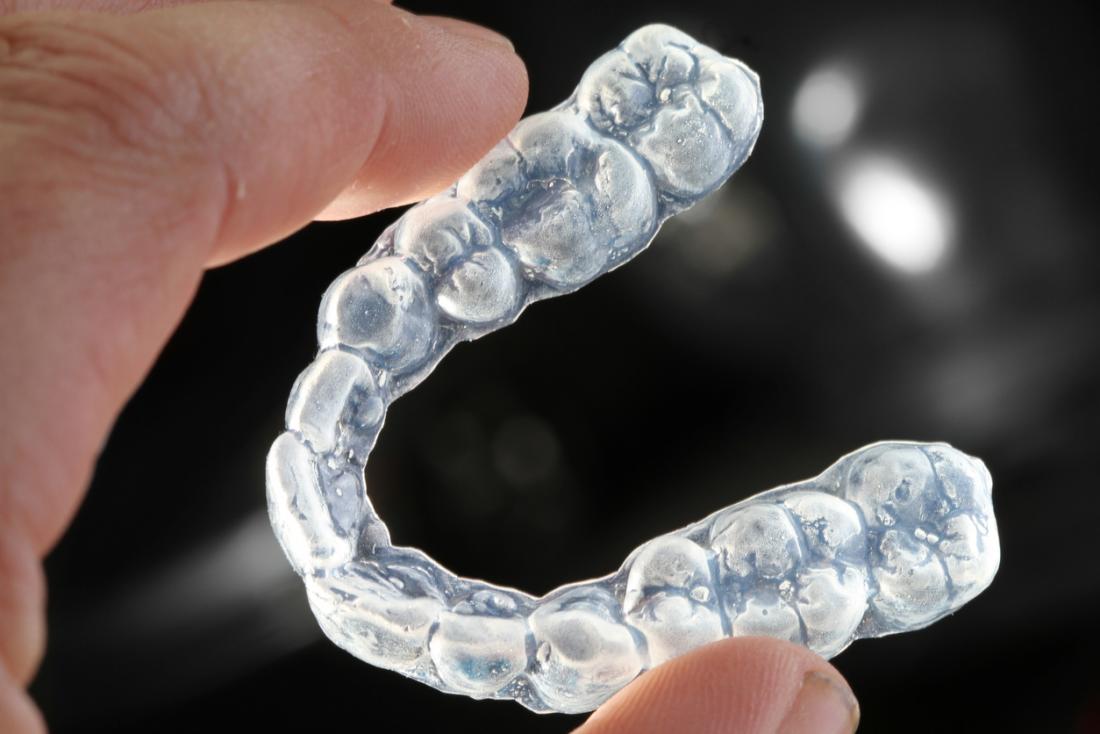Scalloped tongue is sometimes called rippled tongue, crenated tongue, piecrust tongue, or lingua indenta.
The condition is rarely painful or a sign of more serious complications, but knowing the cause of scalloped tongue can help prevent or treat any underlying conditions.
Causes

Those with scalloped tongue have indented, rippled, or scalloped edges along the sides of their tongue.
A scalloped tongue can be the result of macroglossia, which is an inflammation or abnormal enlargement of the tongue. It can be a symptom of other conditions that do not enlarge the tongue.
If these conditions lead to compression of the tongue against the teeth, tongue scalloping will result. Scalloping can be caused by a variety of things, including:
Parafunctional activities
Better known as bad habits, parafunctional activities are considered the leading cause of scalloped tongue. Bad habits include teeth grinding, cheek sucking, and picking at the teeth.
Many things can lead to a person performing parafunctional activities, such as stress, sleep disorders, systemic disease, poor tooth alignment or tooth loss, and trauma.
Infection, injury, or allergic reaction
The immune system causes inflammation in response to infection, injury, and allergens. Certain reactions will lead to swelling of the tongue.
As the tongue swells and enlarges, it presses up against the teeth, often causing indentation or pitting.
Vitamin and mineral deficiencies
Scalloped tongue can occur when the body does not get enough of certain vitamins and minerals, especially B vitamins, which can lead to tongue enlargement.
Common nutritional deficiencies that cause scalloped tongue include:
- vitamin B-12
- riboflavin
- niacin
- iron
Dehydration
Dehydration can cause swelling, which may cause the tongue to become compressed in the mouth and indented by the teeth.
Smoking
Smoking causes an immune response and irritates the mucosal tissues, increasing the risk of swelling and inflammation.
Smoking also increases the risk of dehydration, a factor known to influence the likelihood of developing scalloped tongue.
Temporomandibular joint conditions
Injuries or chronic conditions involving the temporomandibular joint that connects the jaw to the skull may cause scalloped tongue.
People with temporomandibular joint dysfunction (TMD) may develop indents in their tongues because of dehydration, teeth grinding, or because the tongue is pushing against the lower teeth to accommodate for the misaligned joint.
Scalloped tongue is most commonly associated with TMD cases in women and those involving frequent headaches.
Sleep apnea
Scalloped tongue may be a sign of sleep apnea. Some studies suggest this may occur because the body retains more water when it lacks oxygen, which in turn leads to fluid swelling in the head, neck, and tongue.
A 2017 study examining over 1,000 Japanese adults found a higher prevalence of moderate to severe nocturnal intermittent hypoxia (NIH), the primary sign of sleep apnea, in people with scalloped tongues.
Inflammatory or infiltrative conditions
Conditions that cause chronic or long-term inflammation increase the risk of developing scalloped tongue.
Several infiltrative conditions (conditions that cause an abnormal buildup of cells or tissues) are also known to cause scalloped tongue.
Many of the medical conditions considered risk factors for scalloped tongue are hereditary or passed on through genes. Many congenital disabilities are also thought to cause scalloped tongue either directly or indirectly.
Inflammatory and infiltrative conditions associated with scalloped tongue include:
Additional symptoms

If accompanied by a sore throat, a scalloped tongue may be an indication of an underlying condition.
Scalloped tongue generally does not cause any major symptoms. However, it can be related to an underlying condition, which can cause symptoms.
Aside from scalloped or rippled edges, additional mild symptoms sometimes associated with scalloped tongue include:
- pain
- tenderness or soreness
- overall slight redness
- sore throat
Diagnosis
To diagnose scalloped tongue, a doctor will first need to rule out all other potential conditions.
A doctor will ask a person to describe all their symptoms and will review their medical history.
Additional tests a doctor may include:
- blood tests
- biopsy
- computed tomography (CT) scan
- magnetic resonance imaging (MRI)
Treatment

A mouth guard may be suggested to prevent teeth grinding.
The recommended treatment for scalloped tongue depends on the cause. For severe cases caused by genetic, inflammatory, or infiltrative conditions, surgery may be necessary to restore the tongue’s shape.
Potential medical treatment options for scallop tongue include:
- anti-inflammatory medications
- dental devices, such as mouth guards
- thyroid hormone medications
- immunosuppressants
- surgery to remove excess or abnormal deposits of cells and tissues
- surgery to reduce the size of the tongue or correct its shape
- continuous positive airway pressure (CPAP) machine
- nasal dilators
Scalloped tongue caused by serious conditions, such as tuberculosis and cancer, will require those underlying conditions to be treated.
Depending on the cause, there may be more natural ways to treat or reduce the symptoms of scalloped tongue.
Home remedies for scalloped tongue include:
- staying hydrated
- eating a healthy, balanced diet
- practicing good oral hygiene
- maintaining a healthy weight
- avoiding allergens or mouth irritation
- quitting smoking
- reducing anxiety and stress that can lead to bad habits
- working with an occupational therapist to retrain the tongue and stop bad habits
- applying warm compresses
- applying ice for 10-minutes at a time, with 20-minute breaks in between several times daily
- taking over-the-counter pain and anti-inflammatory medications, such as ibuprofen and acetaminophen
- treating chronic or underlying medical conditions
When to see a doctor
In general, it is a good idea for anyone with a scalloped tongue to seek medical attention, especially if they have experienced long-term or painful symptoms.
It is especially important to see a doctor if symptoms do not resolve once habits, such as teeth grinding, have stopped, or if symptoms do not respond to hydration and anti-inflammatory medications.
While rare, severe symptoms that accompany scalloped tongue may indicate more serious conditions.
The presence of a scalloped tongue may help doctors recognize and diagnose other medical conditions, such as hypothyroidism (low levels of thyroid hormones).
A doctor can also help identify or assess habits that may contribute to the condition, such as teeth grinding, or make a referral to specialists.
Let’s block ads! (Why?)





